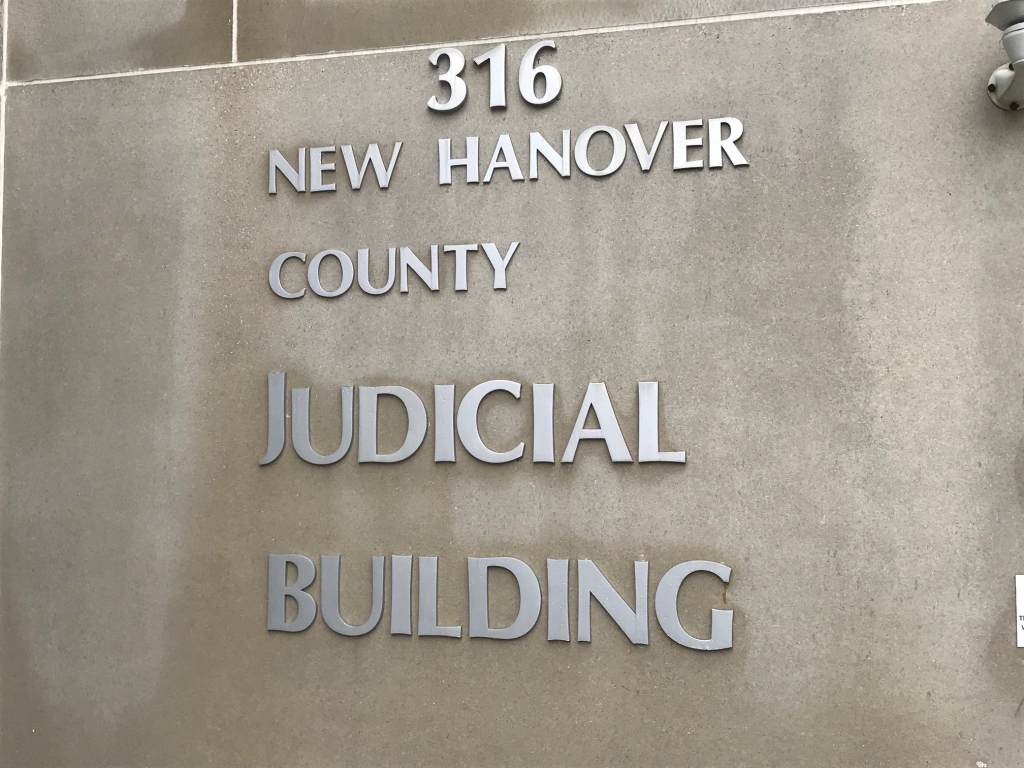Decoding The NC Court System Dates: Your Ultimate Guide
Let’s face it, navigating the North Carolina court system can feel like trying to solve a mystery in a foreign language. But don’t sweat it—we’ve got your back! Whether you’re dealing with a traffic ticket, a family matter, or even a criminal case, understanding NC court system dates is key to staying ahead of the game. In this guide, we’ll break down everything you need to know so you can walk into court feeling confident and prepared.
Think of this article as your personal cheat sheet for all things related to court dates in North Carolina. We’ll dive deep into how the system works, common pitfalls to avoid, and tips to ensure you don’t miss an important deadline. This ain’t rocket science, but it sure is crucial if you want to keep your life on track.
And hey, we’re not just throwing random info at you. We’ve done our homework and pulled from trusted sources, so you know you’re getting the real deal. Ready? Let’s get started!
Read also:Kadeem Hardison Wife Unveiling The Life And Love Story
Understanding the Basics of NC Court System Dates
First things first, let’s lay the groundwork. The NC court system operates like a well-oiled machine—except, you know, with a lot more paperwork and jargon. At its core, the system is designed to ensure justice is served fairly and efficiently. But for the average Joe, it can feel overwhelming. So, what exactly are these "court dates" all about?
Simply put, court dates are the specific times and places where legal matters are scheduled to be heard by a judge or jury. Missing one of these dates can lead to serious consequences, like fines, warrants, or even worse. That’s why it’s critical to mark them on your calendar and treat them like they’re carved in stone.
Key Components of the NC Court System
Before we dive into the nitty-gritty of court dates, let’s take a quick look at how the NC court system is structured. There are three main levels:
- District Court: Handles smaller cases, like traffic violations, misdemeanors, and family law matters.
- Superior Court: Deals with more serious cases, including felonies and civil disputes over $10,000.
- Appellate Courts: Handles appeals from lower courts, including the Court of Appeals and Supreme Court.
Each level has its own set of rules and procedures, so it’s important to know which court your case falls under. Don’t worry—we’ll cover this in more detail later.
How Court Dates Are Determined in NC
Ever wonder how those court dates even get picked? Well, it’s not as random as you might think. Judges and court clerks work together to schedule hearings based on a variety of factors, including case complexity, court availability, and legal deadlines. But here’s the kicker: once a date is set, it’s set in stone—unless there’s a darn good reason to change it.
Let’s break it down a bit further:
Read also:Bierley Funeral Home Your Trusted Companion In Times Of Need
Factors Influencing Court Dates
- Case Type: Different types of cases have different priority levels. For example, criminal cases often take precedence over civil matters.
- Court Availability: Judges and courtrooms aren’t open 24/7, so dates are scheduled around their availability.
- Legal Deadlines: Certain laws require cases to be heard within a specific timeframe, which can impact scheduling.
It’s like a giant puzzle, and every piece has to fit just right. If you’re dealing with a complex case, it might take longer to get a court date, so patience is key.
Types of Court Dates in North Carolina
Not all court dates are created equal. Depending on the nature of your case, you might encounter several different types of hearings. Here’s a quick rundown:
1. Initial Appearance
This is usually the first time you’ll appear in court. It’s where the judge reads the charges against you and sets bail (if applicable). Think of it as the kickoff meeting for your case.
2. Pretrial Conference
This is where the lawyers on both sides sit down to discuss possible settlements or plea deals. If they can reach an agreement, the case might not even go to trial. Pretty handy, right?
3. Trial
If no settlement is reached, the case moves to trial. This is where the judge or jury hears evidence and makes a decision. It’s the big show, and you’ll want to be fully prepared.
4. Sentencing
If you’re found guilty, the next step is sentencing. This is where the judge decides your punishment, whether it’s jail time, probation, or fines. It’s not the most fun part, but it’s an important one.
Common Mistakes to Avoid with NC Court Dates
Now that you know the basics, let’s talk about what NOT to do. Missing a court date or showing up unprepared can make a bad situation worse. Here are some common mistakes to steer clear of:
- Forgetting to mark the date on your calendar.
- Not showing up on time (trust us, courts hate tardiness).
- Ignoring court notices or assuming they’ll go away.
- Not bringing the necessary documents or evidence.
Remember, the court system doesn’t mess around. If you miss a date, you could end up with a bench warrant or worse. So, stay organized and stay on top of things!
How to Prepare for Your NC Court Date
Alright, so you’ve got your court date. Now what? Preparation is key to ensuring things go smoothly. Here’s a quick checklist to help you get ready:
- Gather all relevant documents, including court notices, evidence, and any legal paperwork.
- Dress appropriately—business casual is usually a safe bet.
- Arrive early to avoid last-minute stress.
- Know where the courthouse is and plan your route ahead of time.
And don’t forget to breathe! Courtrooms can be intimidating, but staying calm and focused will help you navigate the process with ease.
Legal Resources for NC Court System Dates
If you’re feeling overwhelmed, you’re not alone. Fortunately, there are plenty of resources available to help you navigate the NC court system. Here are a few we recommend:
1. North Carolina Courts Website
This is the official website for the NC court system, and it’s packed with useful info. You can find court forms, FAQs, and even check the status of your case online.
2. Legal Aid of North Carolina
If you’re struggling to afford legal representation, Legal Aid offers free or low-cost services to eligible individuals. They’re a great resource if you need guidance but don’t have the funds.
3. Local Law Libraries
Most counties have law libraries where you can access legal resources and get advice from librarians. It’s like having a personal assistant for all things legal.
What Happens If You Miss a Court Date?
Let’s be real—life happens, and sometimes things slip through the cracks. But missing a court date is no joke. Here’s what could happen if you don’t show up:
- A bench warrant could be issued for your arrest.
- You could face additional fines or penalties.
- Your case might proceed without you, leading to unfavorable outcomes.
If you know you’re going to miss a date, contact the court immediately to explain the situation. Sometimes they’ll allow you to reschedule, but don’t count on it.
Tips for Staying Organized with Court Dates
Staying on top of court dates can feel like juggling flaming torches, but with the right tools, it’s totally doable. Here are some tips to help you stay organized:
- Use a calendar app to set reminders for upcoming dates.
- Keep all court documents in one place, like a binder or folder.
- Set aside time each week to review your case and prepare for hearings.
- Consider hiring a lawyer if your case is complex or high-stakes.
By staying organized, you’ll reduce stress and increase your chances of a favorable outcome. Trust us, it’s worth the effort.
Conclusion: Mastering the NC Court System Dates
And there you have it—your ultimate guide to navigating NC court system dates. Whether you’re a first-timer or a seasoned pro, understanding the system and staying prepared is key to success. Remember, knowledge is power, and the more you know, the better equipped you’ll be to handle whatever comes your way.
So, what’s next? Take action! Mark those dates, gather your documents, and don’t hesitate to reach out for help if you need it. And if you found this article helpful, share it with others who might benefit. Together, we can demystify the court system and make it work for everyone.
Table of Contents
- Understanding the Basics of NC Court System Dates
- How Court Dates Are Determined in NC
- Types of Court Dates in North Carolina
- Common Mistakes to Avoid with NC Court Dates
- How to Prepare for Your NC Court Date
- Legal Resources for NC Court System Dates
- What Happens If You Miss a Court Date?
- Tips for Staying Organized with Court Dates
- Conclusion: Mastering the NC Court System Dates


